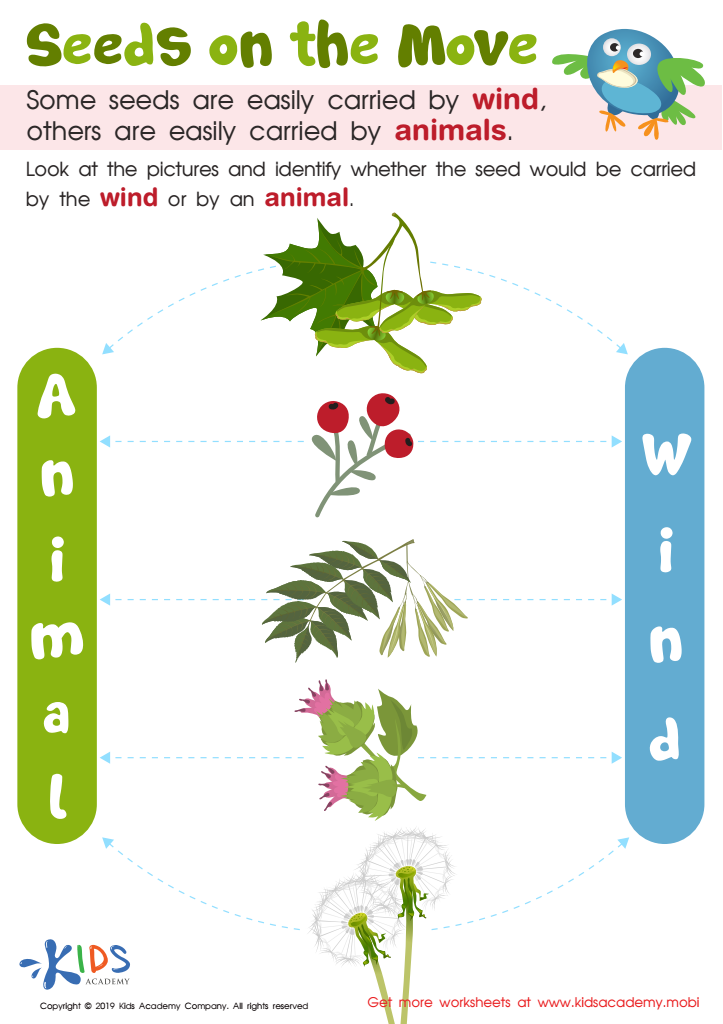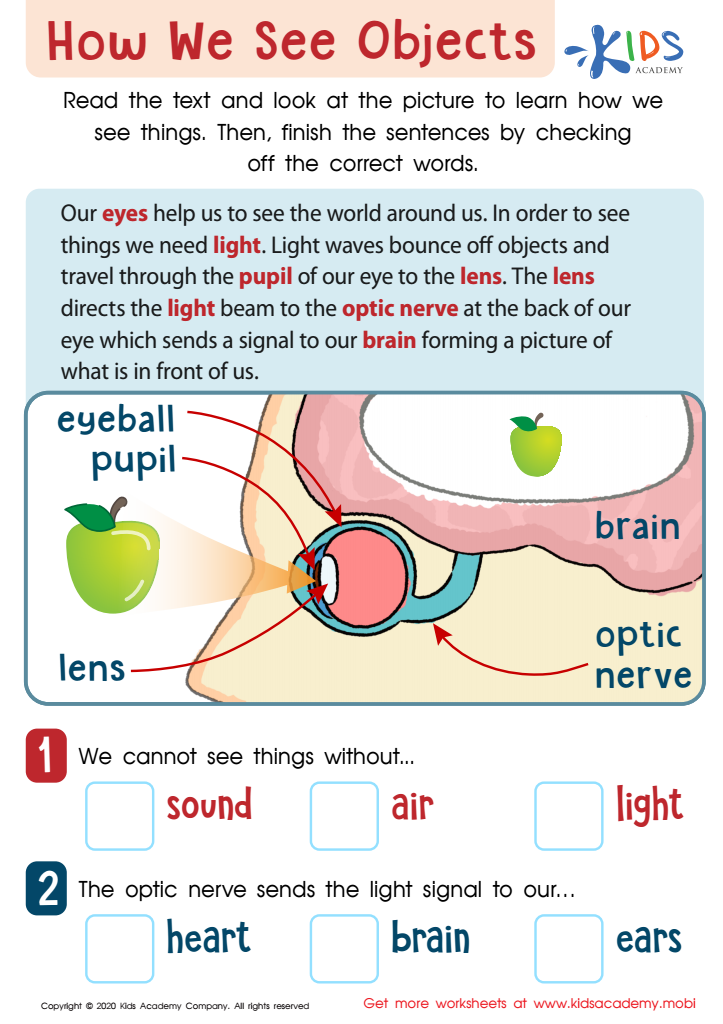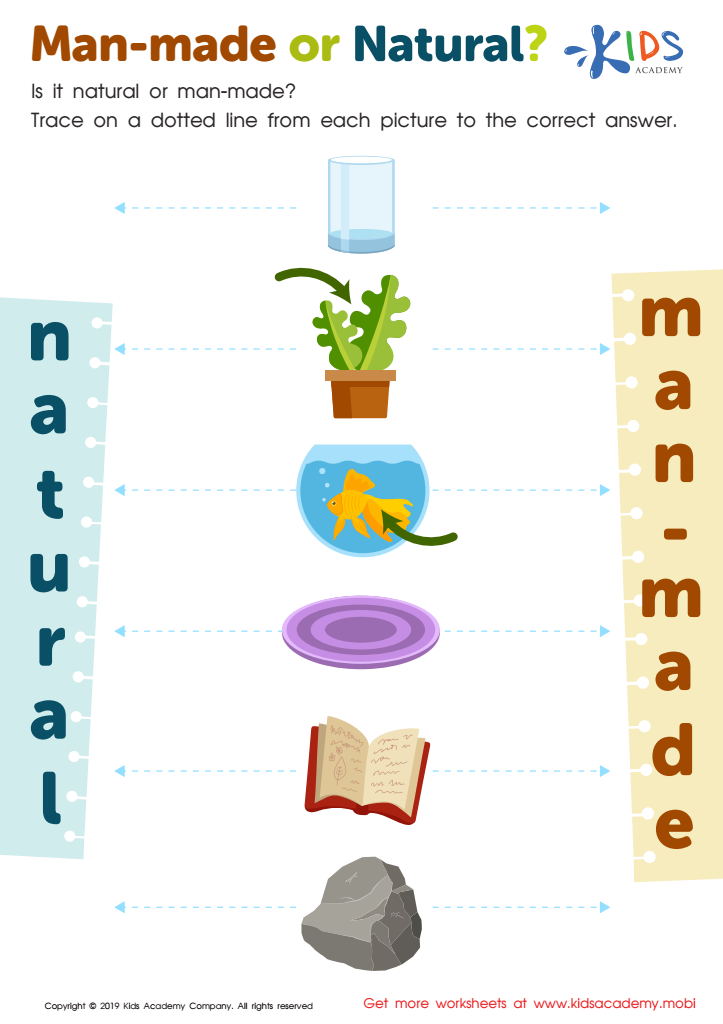Developing critical thinking Science Worksheets
3 filtered results
-
From - To
Unlock the potential of young minds with our "Developing Critical Thinking Science Worksheets"! Perfectly designed for eager learners, these engaging worksheets aid in fostering essential analytical skills while making science an exciting adventure. Students will explore concepts through inquiry-based tasks that promote observational skills, problem-solving, and logical reasoning. Each activity Encourages curiosity and introspective thinking, preparing students for further scientific endeavors. Ideal for both classroom and homeschooling, our worksheets turn learning into a thrilling journey of discovery. Elevate your child’s education and spark a passion for science today by introducing them to these invaluable STEM resources!


Seeds on the Move Worksheet


How We See Objects Worksheet


Man-Made or Natural? Worksheet
Parents and teachers should prioritize developing critical thinking skills through science education because it cultivates essential lifelong skills that extend beyond the classroom. Critical thinking in science involves analyzing data, forming hypotheses, and making well-informed decisions based on evidence, which are crucial skills for success in all areas of life and work.
For students, learning to question, investigate, and solve problems encourages a deeper understanding of the world and enhances academic performance across subjects. These skills are indispensable as children grow into adults who must navigate an increasingly complex and information-rich world. Effective critical thinking allows students to differentiate between reliable information and misinformation, fostering informed and engaged citizens.
Moreover, developing these skills early helps promote curiosity and a love for learning. When students learn to critically assess scientific phenomena, they become more proficient problem-solvers and innovators, attributes highly valued in today's dynamic job market. Incorporating this approach improves not only scientific literacy but also boosts creativity and logical reasoning.
In summary, nurturing critical thinking through science education equips children with the tools necessary to thrive academically, professionally, and personally. It empowers them to become proactive, thoughtful, and responsible contributors to society, thereby shaping a brighter future for all.

 Assign to the classroom
Assign to the classroom











